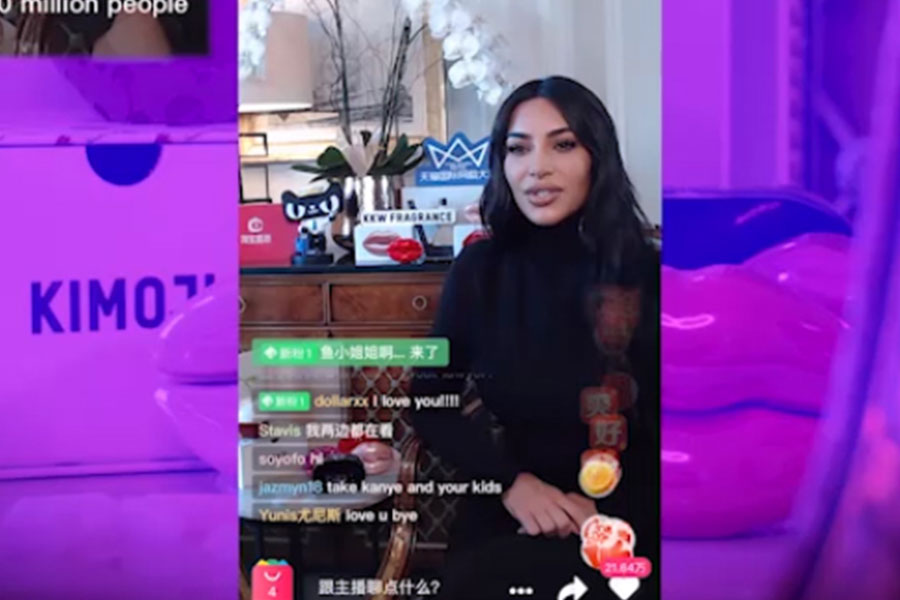A multibillion-dollar shopping obsession goes mainstream in China
Eight months ago, Meng Hu quit her job as a flight attendant in Guangzhou, China to pursue her dream of becoming an online star.
She gave notice to the airline just before Covid-19 slammed aviation, created a makeshift home studio in her one-bedroom apartment, and started filming herself talking — a lot.
Hu, 27, is an influencer, with a twist. Since January, she’s been working full-time as a live-streaming host on Taobao, Alibaba’s (BABA) eBay-like online marketplace. There, she has built up a following of more than 400,000 fans.
“I’ve been talking nonstop,” Hu said, laughing. “My throat gets really hoarse. [In this job,] you need to talk a lot, because your mood is contagious. You can’t just do things halfway. Only when you talk enthusiastically can you get your audience excited.”
Hu is part of a rising class of creators in China who are racing to get in on live-stream shopping, an emerging form of retail that has grown into an industry worth an estimated $66 billion. Although the trend has been part of Chinese internet culture for years, analysts say the coronavirus pandemic has made it mainstream.
Even the Chinese government has voiced its support, calling the industry the “new engine” of e-commerce growth and encouraging live-streaming as a solution to unemployment, which has risen sharply in China due to the pandemic.
Live-stream shopping is a blend of entertainment and e-commerce. Viewers buy goods online from people who show off their latest finds — from lipsticks to laundry detergent — in real-time videos. Many liken the concept to TV shopping channel QVC, but the Chinese model is distinctly more modern, mobile and interactive. Hosts can give their fans discount coupons and flash deals in real time, while viewers can click to send their favorite stars virtual “gifts.”
But as Hu and other newcomers are discovering, making it in this field is not easy. The industry is tough, and few workers can parlay their skills into a successful career.






